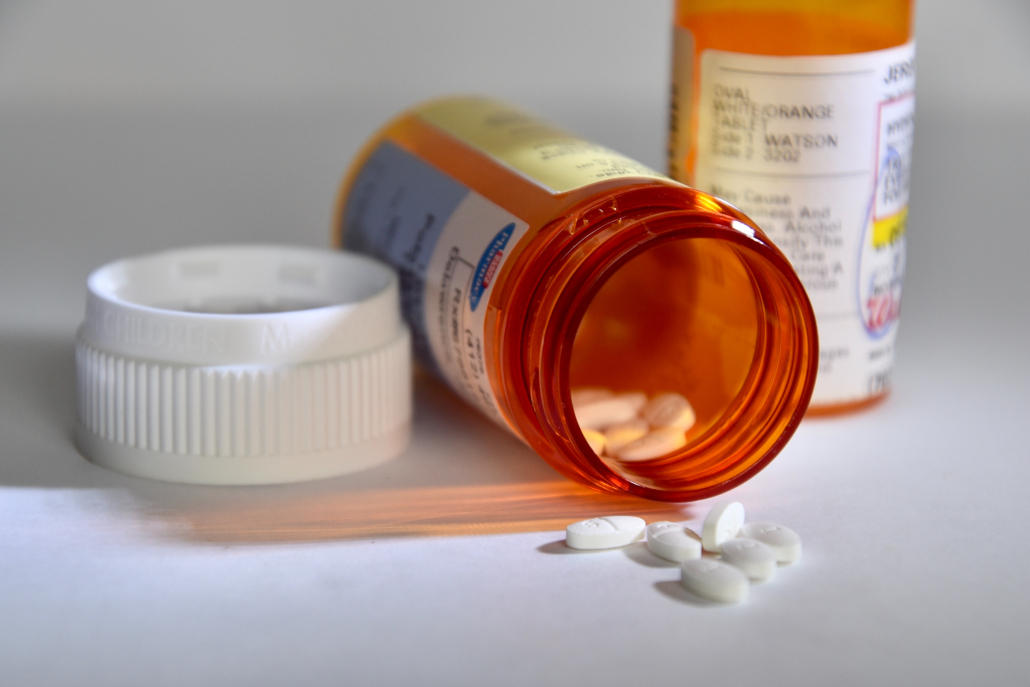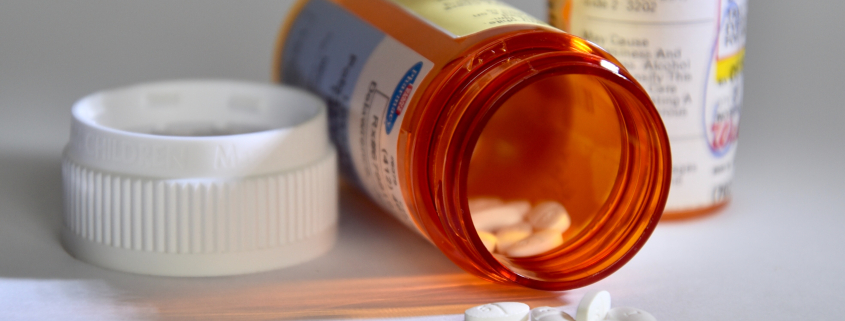Student Health to host Drug Take Back Day

Student Health will host Drug Take Back Day to raise awareness about methods to safely discard unused drugs, Chief Student Health Officer Dr. Sarah Van Orman said in a briefing with the Daily Trojan Tuesday.
The event, which will take place April 25, will allow students and staff to discard their unused medication at USC pharmacies. Often, drugs that are not disposed of properly are stolen or given away, and can have disastrous consequences for those who take them without prescription, Van Orman said.
“We’re concerned about opioid-based pain medications … Benzodiazepines … Stimulants, medicines that are used for [ADHD],” Van Orman said, citing Adderall and Ritalin as some of the most common drugs. “We’re also concerned about antibiotics and other medicines that can enter the water supply.”
Van Orman stressed the importance of discarding unused prescription drugs for faculty and staff who live with children and teenagers.
“We know that [is] a big source where those individuals might get illegal drugs … Maybe there’s a bottle of unused painkillers in the medicine cupboard that their parents think they don’t know about,” Van Orman said. “But it’s tempting to try to use those.”
After Student Health announced last week that the University would no longer require coronavirus vaccinations beginning Fall 2023, Van Orman expressed concerns that a looser policy would lead to more relaxed health precautions among staff and students.
“One of the things that gets lost in that argument is the risk of myocarditis or cardiac impacts from [coronavirus] … Is still higher than the risk of getting heart problems from the vaccine,” Van Orman said. “[It’s] important that we stay clear about what the vaccines are still able to offer us.”
Even though coronavirus risk levels have not lessened, Van Orman said, the public perceives the virus as less of a threat.
“It’s very easy to get people to take preventative action about something that seems novel and scary, which is why people got their [coronavirus] vaccine,” Van Orman said. “It’s much more difficult to get people to take protective action with things that seem normal, even if the risk is as high.”
From a public risk perception standpoint, Van Orman said, the coronavirus is viewed as normal, which means people feel less urgency to take preventative measures against the virus.
As Coachella and other summer music festivals begin, Van Orman advised heeding health precautions like handwashing and self-testing, as individuals commonly return from festivals with upper respiratory infections and norovirus, a common stomach flu.
Since festivals can often be a celebration of sex and drugs, Van Orman stressed the importance of taking sexual health precautions and reducing drug overdose risks. Narcan, a common treatment for drug overdose, and fentanyl test strips are some prevention methods, she said.
“It’s really important … to have people who are willing to call for help,” Van Orman said. “We also encourage people to know the signs of overdose … And if they’re concerned about somebody, to not hesitate to call … [You] could be saving a life.”

